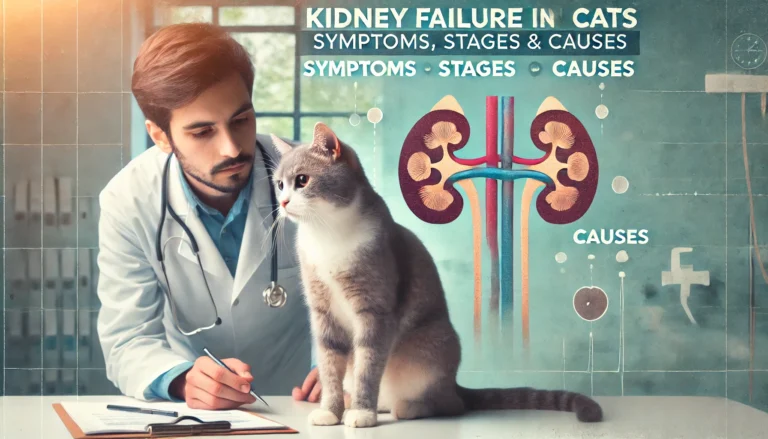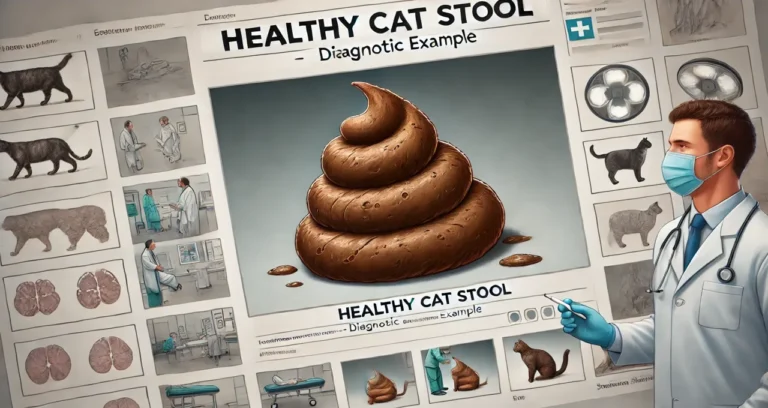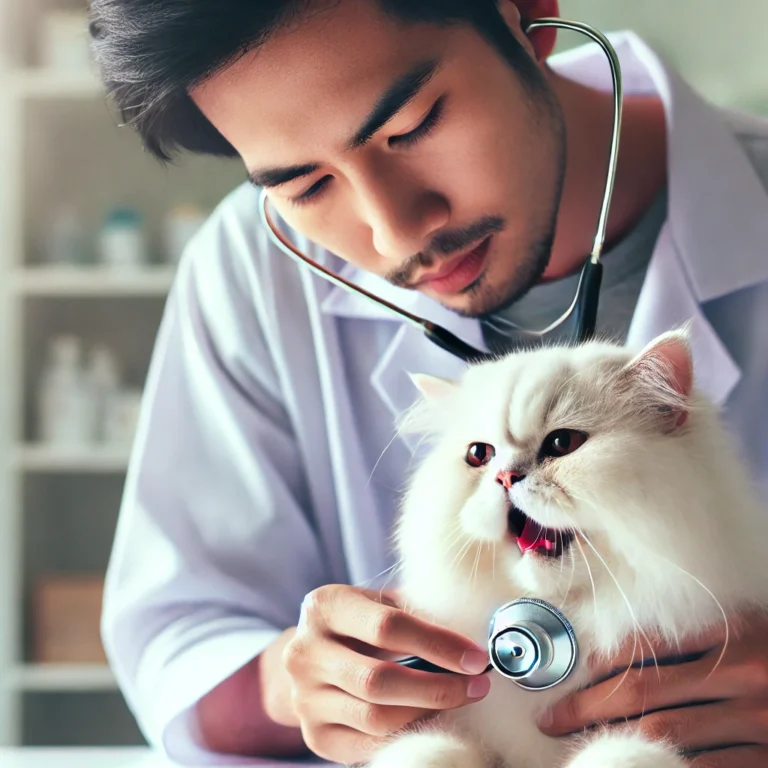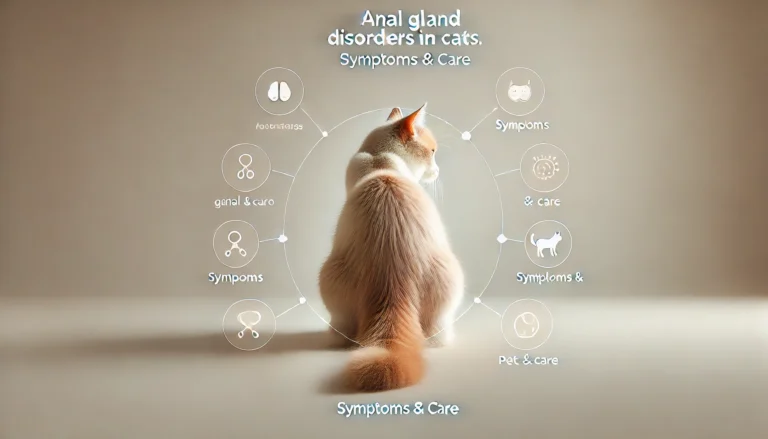Understanding and Managing Worms in Cats

what are the worms in cats?
Worms in cats are internal parasites that can include roundworms, tapeworms, hookworms, heartworms, and, less commonly, whipworms. These parasites live in the digestive system and sometimes the heart or lungs, causing various health issues depending on the type.
To understand and manage the worms in cats, we need to under stand that the aats are wonderful companions, but like all pets, they can sometimes bring along some not-so-welcome friends—like worms. These internal parasites can be a common issue for our feline pals, and understanding the signs and treatments is crucial for their health. Let’s explore what worms in cats look like, how to identify them, and effective treatments.

Recognizing the Presence of Worms in Cats
What do cat worms look like? This is a question many cat owners ponder. Typically, you might notice white worms in cats’ stool, which can indeed cause alarm. Worms in cat poop often appear as small white or slightly tan pieces, similar to grains of rice or small spaghetti strands. These are usually tapeworms or roundworms, which are the most common types of worms in cats.
Cats can exhibit various symptoms indicating a worm infestation. These include visible worms in their stool, a bloated abdomen, weight loss, and changes in appetite. Some cats may show signs of discomfort or itchiness around their rear end. Noticing these signs early can lead to quicker and more effective treatment.
Types and Causes of Worms in Cats
Understanding the different types of worms that can affect your cat is vital. The most common include roundworms, tapeworms, hookworms, and occasionally pinworms in cats, though they are less common. Each type of worm has its method of transmission, such as ingestion of infected fleas for tapeworms or exposure to contaminated soil for hookworms and roundworms.
Cats with worms might have contracted them in various ways. Outdoor cats or those who are hunters are particularly susceptible to worms, as they can ingest the parasites through their prey. Kittens often get worms from their mother either through nursing or contact in the womb.
Diagnosing and Treating Worms in Cats
When it comes to diagnosis, how to tell if your cat has worms involves a combination of observing the signs and consulting with a vet. A veterinarian will typically ask about your cat’s symptoms and may request a stool sample to identify the type of worm. This is crucial because different worms require different treatments.
The treatment of worms in cats usually involves prescribed dewormers that target specific parasites. These can include oral medications, injections, or even topical treatments. For natural dewormer for cats, some owners inquire about remedies like apple cider vinegar, but it’s essential to consult with a vet before trying home treatments to ensure they are safe and effective.
Managing and Preventing Worms in Cats
Recovery and management are straightforward once treatment begins. It’s crucial to follow through with the entire course of medication prescribed to ensure all worms and their larvae are eliminated. To prevent reinfestation, maintain good hygiene by regularly cleaning your cat’s litter box and keeping your home environment clean.
Prevention is also key. Regular deworming schedules and flea control can significantly reduce the risk of worms. Be proactive by keeping your cat indoors or supervised outdoors to minimize exposure to infected animals or contaminated environments.
Worms in Cats FAQs
- Will worms in cats go away on their own? No, worms do not go away without treatment. It’s necessary to use vet-prescribed medications to effectively rid your cat of worms.
- Can I get worms from my cat? Yes, it is possible, especially from hookworms and roundworms, which can occasionally infect humans. Practicing good hygiene and controlling parasites in your pets is essential.
- How to get rid of worms in cats naturally? While natural remedies are sought after, they often lack the efficacy of prescribed treatments. Discuss any natural options with your vet to ensure they are safe.
In conclusion, dealing with worms in cats is a common aspect of pet ownership that can be managed effectively with the right knowledge and care. By recognizing the symptoms early and consulting with your veterinarian, you can ensure your cat stays healthy and worm-free. Regular preventive measures will keep these pesky parasites at bay and let your feline friend enjoy a happy, healthy life.






